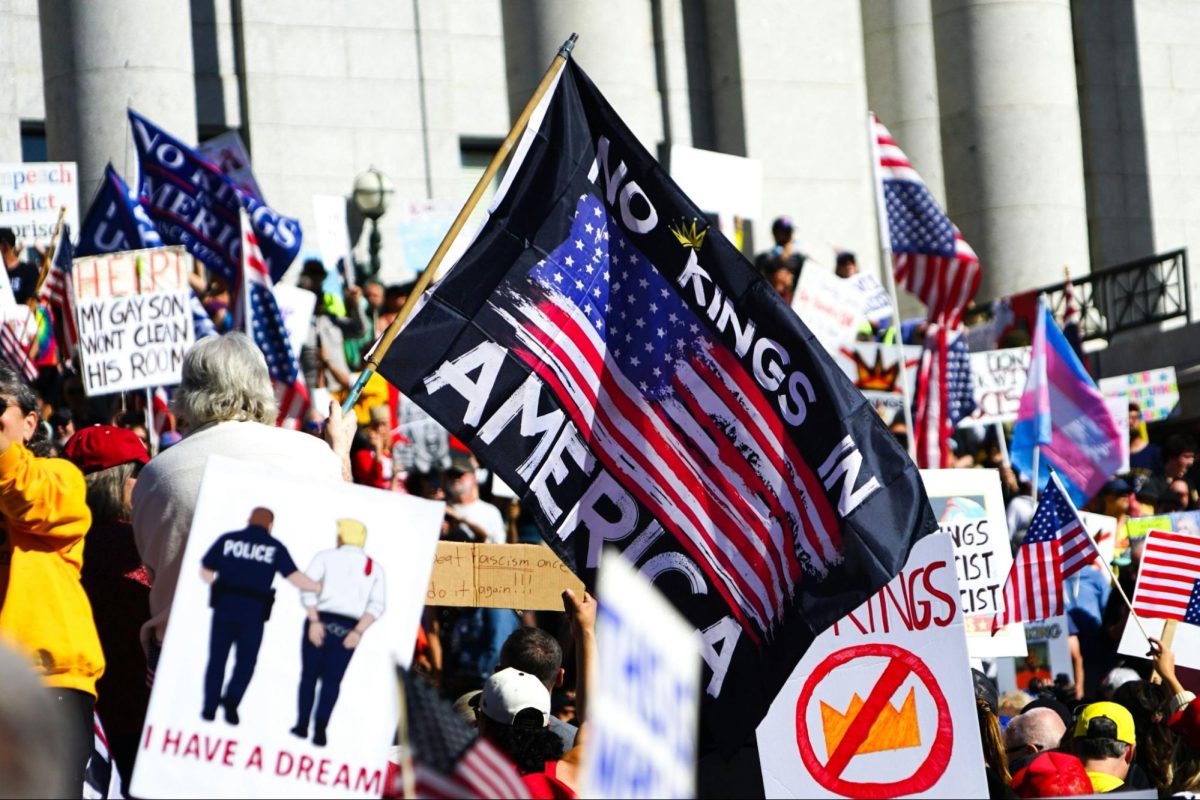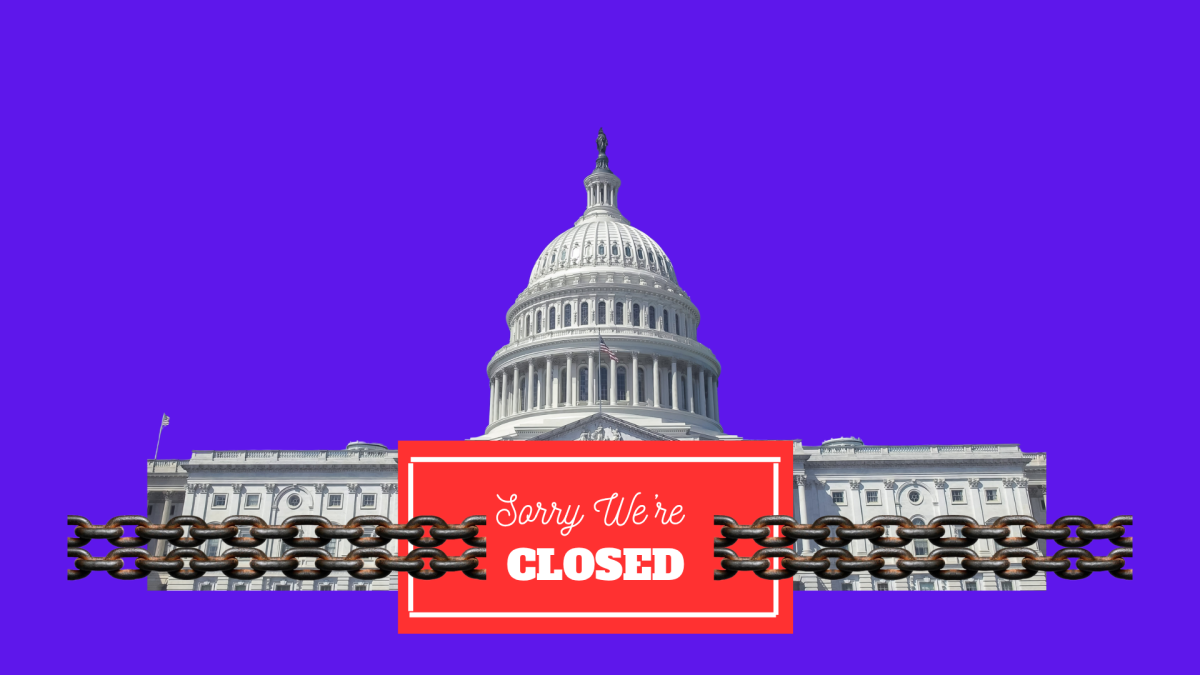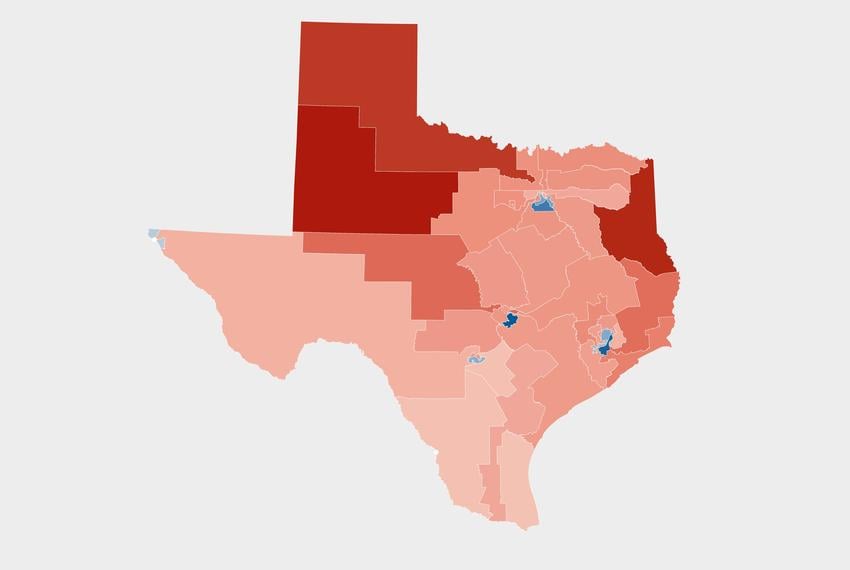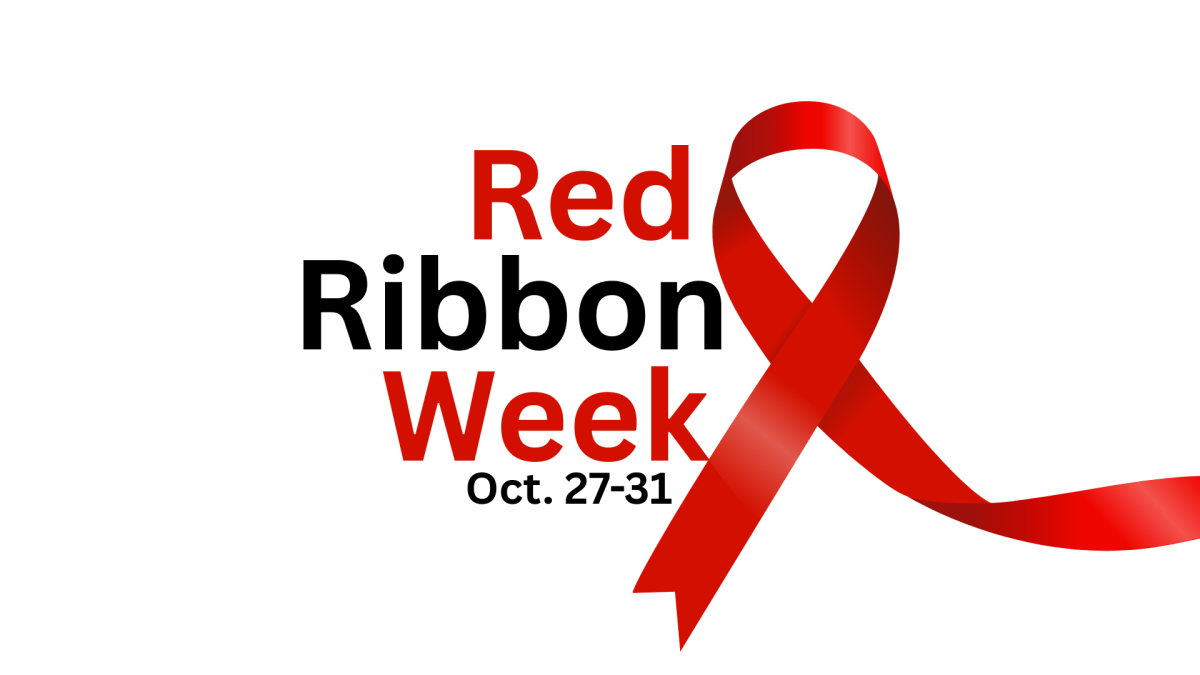The use of tariffs to change global trade policy has been used by President Donald Trump and his administration to position the U.S. as an isolationist country and taxing imports on Mexico and Canada, two of the U.S.’s biggest allies and trading partners. In addition to the 25% tariffs that have already been set on goods from Mexico and Canada by the Trump administration, 25% tariffs have also been ordered on steel and aluminum imports from all countries by Trump.
Food and beverage is one of the industries most heavily impacted by the tariffs with the perishable products making it harder for companies to prepare and produce as prices rise. Although the majority of food in the U.S. is also produced here, many companies are reliant on other countries for ingredients. Besides ingredients, tariffs could have a major impact on food production with packaging. Canada is a major supplier of metal, and the tariffs on steel and aluminum would in effect, raise prices for canned foods and drinks.
According to Kent Esslinger, senior director of industry solutions for 09 Solutions, a company which helps corporations such as PepsiCo, many businesses are unlikely to respond to the tariffs by raising prices especially with the growing concern of grocery inflation. “[Corporations are] going to be very careful about price increases right now,” Esslinger said. “The consumer sort of said, ‘We are not going to keep taking this.’”
As a result, Esslinger says corporations will try to cut costs in other ways with food manufacturers using alternative, cheaper to produce ingredients, redesigning packaging or reducing the size or quantity of an item – known as shrinkflation.
However, one industry which will feel the consequences of these policies are businesses in the fresh fruit and vegetable sector, an area which relies heavily on imports. Businesses in this sector can’t adjust prices based on the supply chain meaning the consumers will be the ones who suffer due to higher costs.
According to data from the Department of Agriculture, Mexico made up half of U.S. fresh fruit imports and 69% of fresh vegetable imports in 2023. It’s unlikely that U.S. farms could increase production because many agricultural products require specific climates the U.S. is not fit to provide.
The initial tariffs on imported goods from Mexico and Canada led to Canadian Prime Minister Justin Trudeau announcing that he would place similar tariffs on a wide range of goods. In response to this, Trump signed a memorandum declaring “reciprocal tariffs” from any country who declares tariffs on American goods, essentially signaling a trade war and Trump’s willingness to restrict trade with other important allies.
Although having a president instigating trade wars is a relatively new concept, it seems history is repeating itself. In 1930, President Herbert Hoover signed the Smoot-Hawley Tariff Act, raising tariffs on imported goods which exacerbated the effects of the Great Depression by further isolating the U.S. from foreign allies, drawing comparisons with the current administration between trade strategies and their impacts on the global economy.















